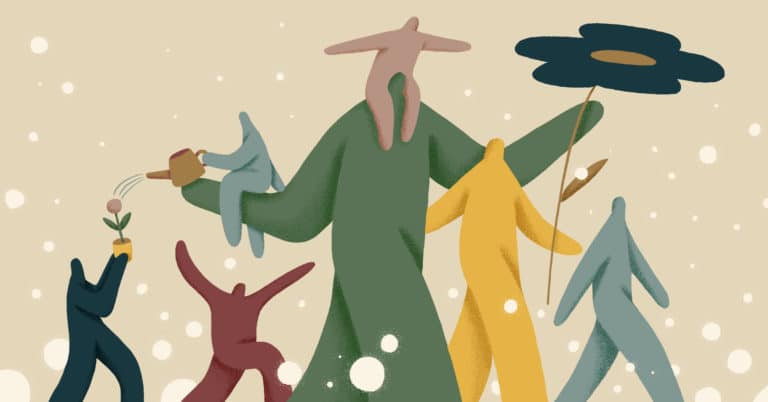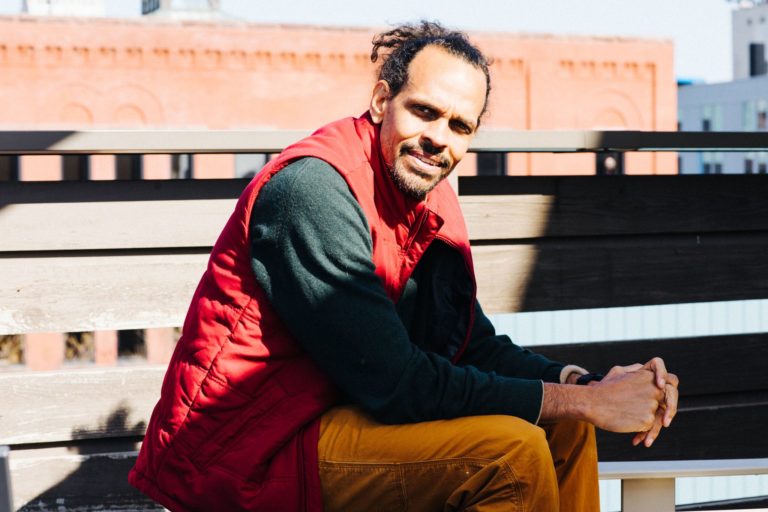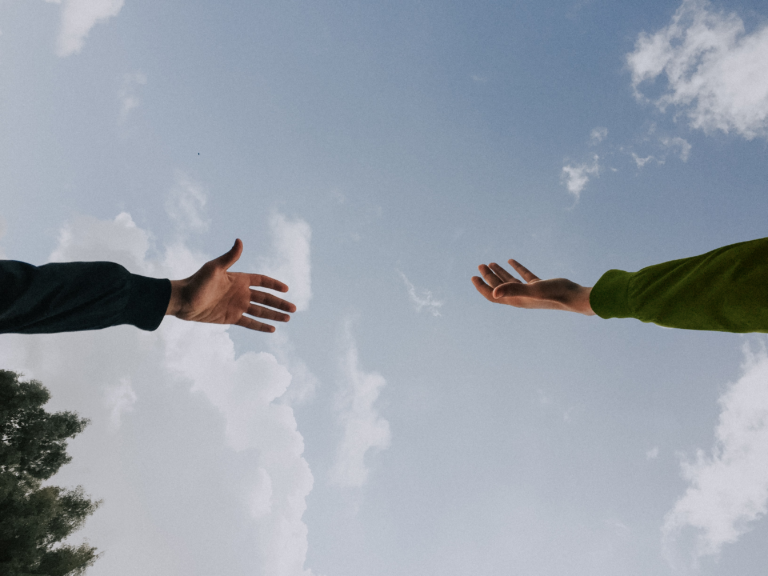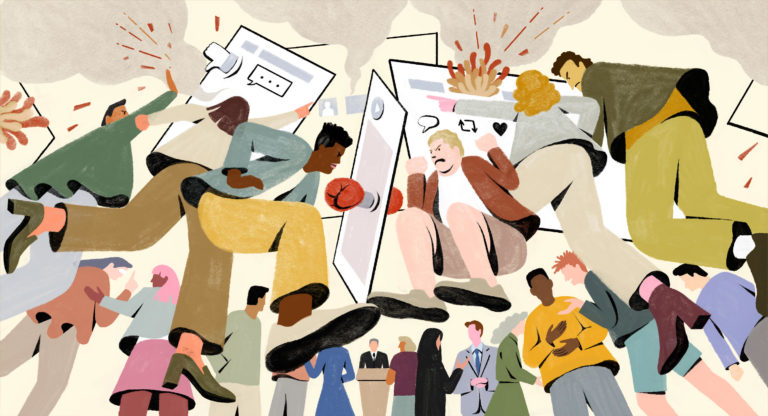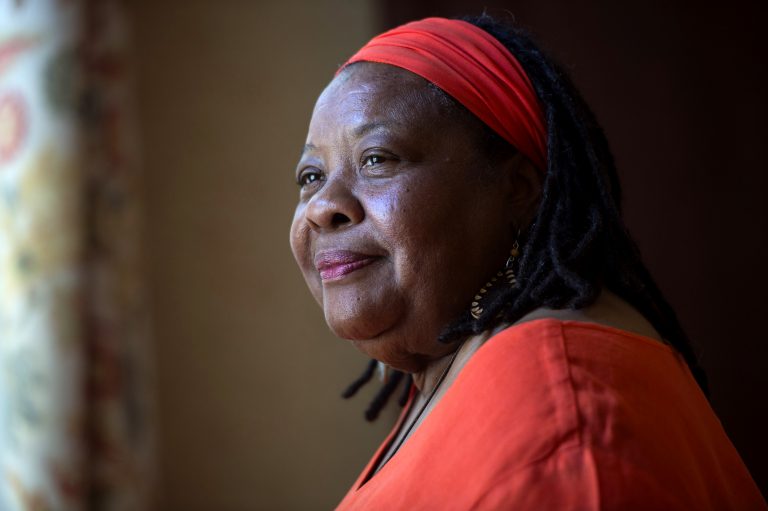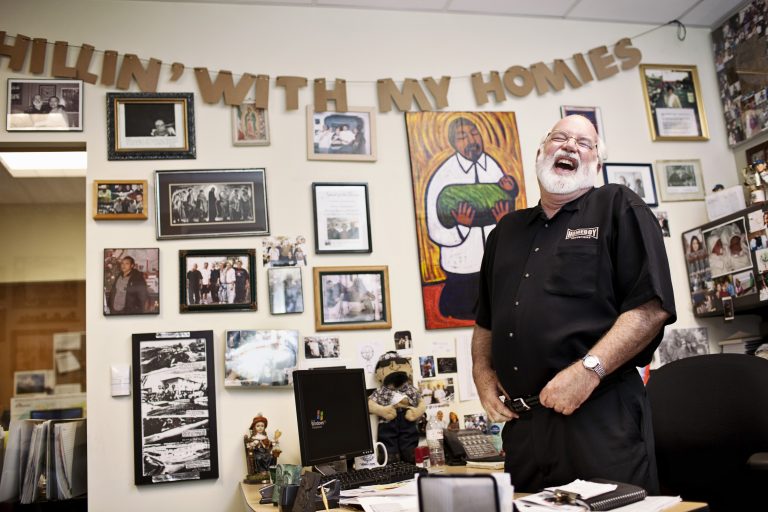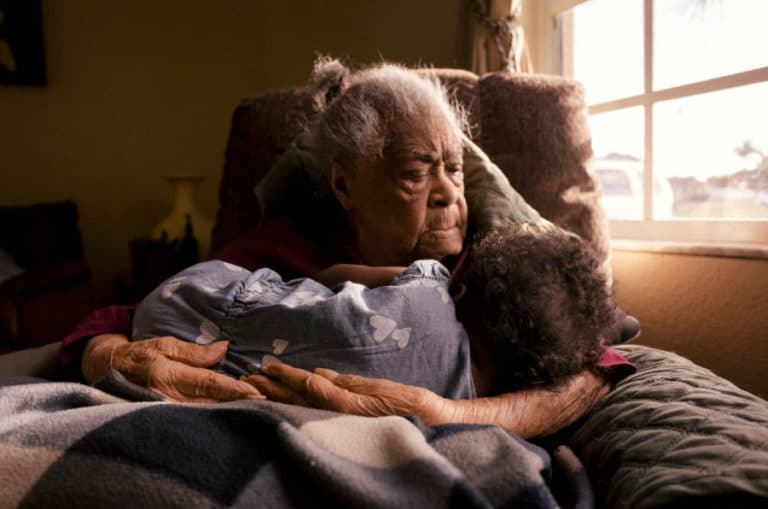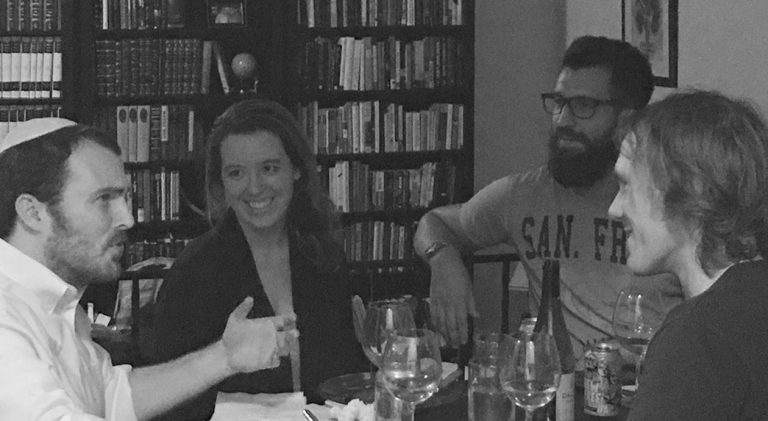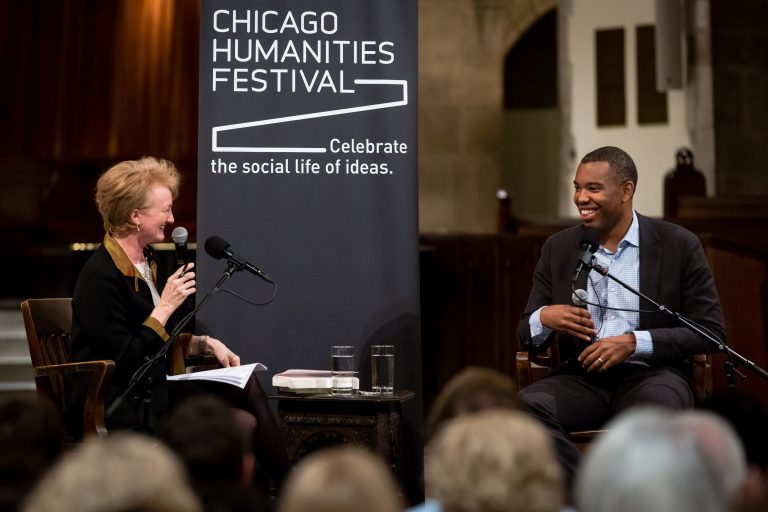April 2, 2020
Ai-jen Poo
This Is Our (Caring) Revolution
Ai-jen Poo is a next-generation labor organizer who co-founded a beautiful and muscular movement with caregivers and those who employ them: the National Domestic Workers Alliance. For over two decades, she has been reinventing policy and engaging a deep conversation that has now met its civilizational moment. This conversation was recorded before “coronavirus” was a word we all knew. But the many dimensions of the crisis now upon us have revealed Ai-jen Poo and her world of wisdom and action as teachers for our life together, in and beyond it.
